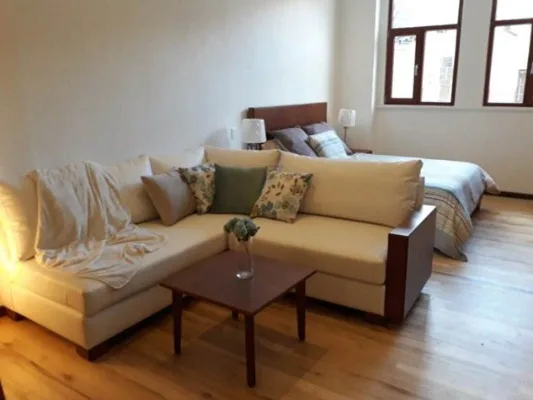Coronavirus sends Venezuelan refugees on a 1,000-mile trek back home

To escape the coronvirus, Venezuelans in Colombia begin the long walk back home.
By Matthew Bristow
Venezuelan families made destitute by Colombia’s coronavirus lockdown are walking a thousand miles or more across the Andes to get home.
Nicolas Maduro’s Venezuela might be undergoing one of the deepest economic slumps in modern history, but it’s still preferable to sleeping in a park in Medellin, or under a bridge in Bogota, which are now the alternatives for many migrants.
When the coronavirus crisis started last month, Joe Urbaneja, 45, lost his $10-a-day job in a workshop in Popayan, in southwest Colombia. He set out on foot again, hiking up and down the same sweltering valleys and wind-swept peaks he crossed in the other direction a year earlier.
His son also lost his construction job and his daughter-in-law hers as a house cleaner, and they set out together with Urbaneja’s two year-old granddaughter.

Venezuelans on their way out of Medellin.
“We lost our jobs, we lost our house, we lost everything, and now we’re walking again,” Urbaneja said, by the side of a highway in Bogota. “The situation in Venezuela is worse than here, it’s absolutely terrible. But with the conditions created by the lockdown, we’re going.”
The government of Colombian President Ivan Duque closed borders and imposed a three-week lockdown to try to curb the spread of the virus. The measures have caused hardship to many Colombians as well, but disproportionately affect migrants who have less labor and housing protection.
Since Colombia’s 1.8 million Venezuelan migrants often live in hostels that charge rent by the night, and mostly work in the informal economy, the crisis made many of them homeless almost immediately.
Zuleika Pena used to beg for money in Bogota, and said that income has disappeared now that the streets are largely deserted. She’s worried about getting evicted from her hostel along with her three children.
Migrants are sometimes threatened with machetes if they refuse to go quietly. The government has banned evictions during the lockdown, but they’re happening anyway.
“If you’re even a day late, they throw you out on the street with your children,” Pena said.
Pena lives in Santa Fe, one of Bogota’s most dangerous neighborhoods, and said she saw a neighbor beaten with clubs during one recent eviction. Many people in her position don’t have much choice other than to return home.
On Friday, one group of about fifteen young Venezuelans on the highway out of Bogota included two pregnant women. The group said they had already walked 350 miles from Cali, Colombia’s third city, after being evicted from their accommodation. Even though the border is closed, it is not difficult to go through informal crossings.
“In Venezuela, they might have more of a support network to fall back on, but Venezuela is going to be one of the places hit hardest by the virus, considering that its health care system collapsed years ago,” said Jessica Bolter, an analyst at the Migration Policy Institute, a Washington-based think tank. “They really have a lot of bad options at the moment, as host country governments with limited resources are still trying to figure out their responses.”
___________________
Credit: Bloomberg News






















